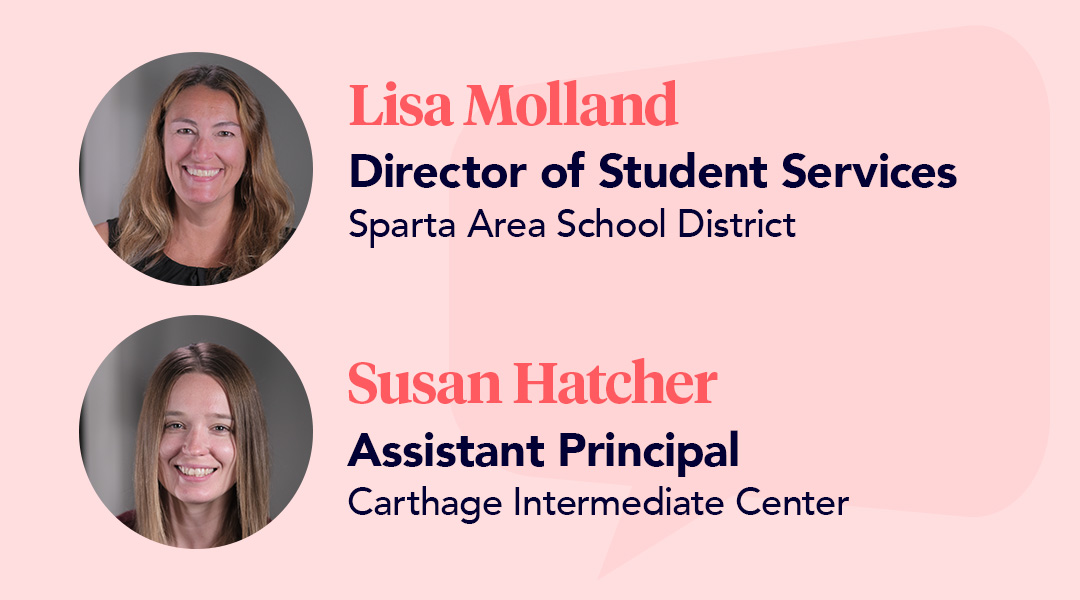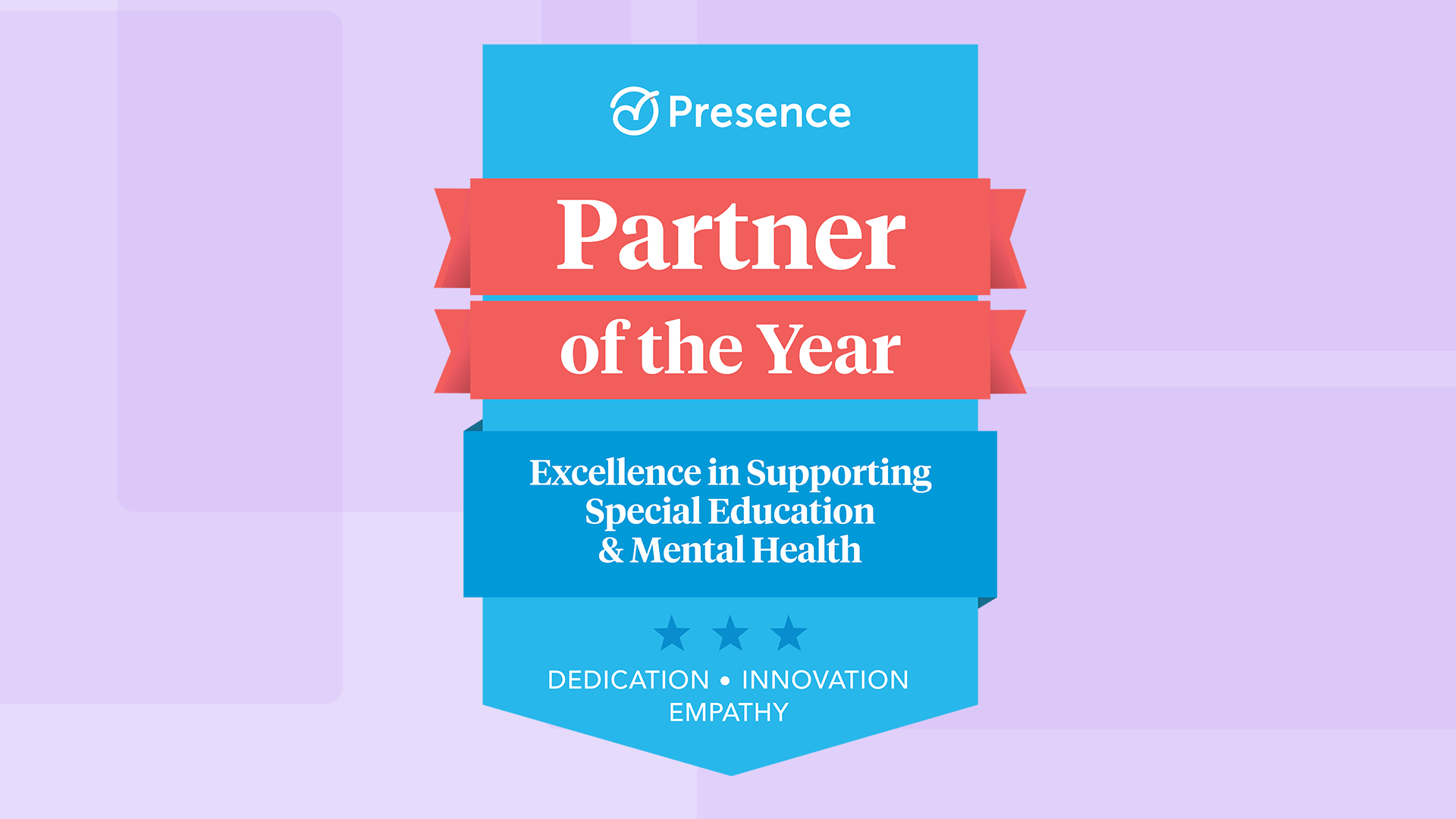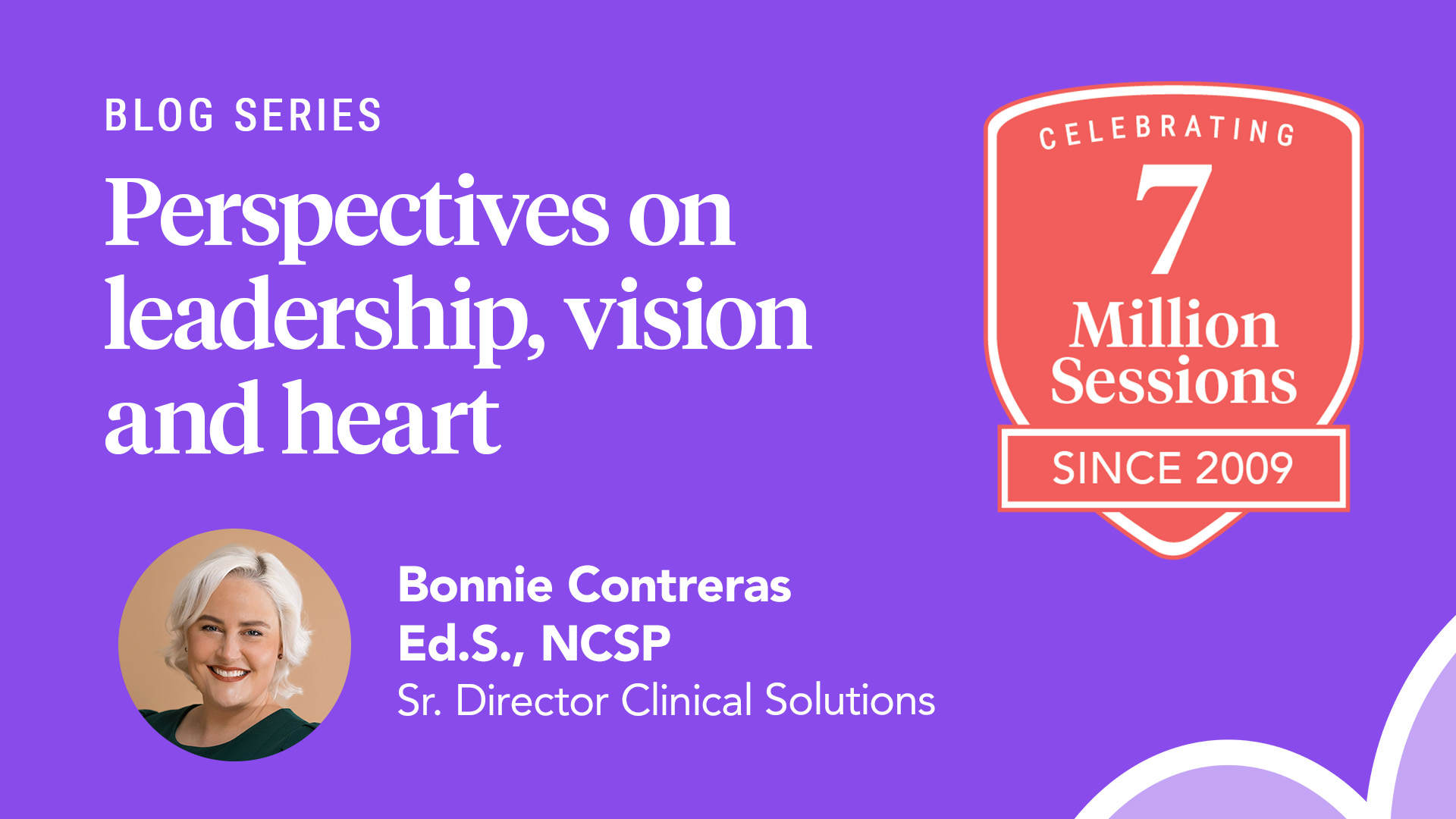
Here’s what we know to be true: Surging demand for cognitive, academic, and behavioral evaluations is overwhelming schools. With staffing shortages and increasing referrals, remote psychoeducational evaluations offer a creative and credible solution to support diverse student needs across the nation.
That’s why at Presence, we’re proud to provide evidence-based remote evaluations, which eases the burden for onsite special education teams and evaluators, by helping them keep pace and stay compliant. It’s especially critical to evaluate students early, to help them get on the best path to support their academic success — whether that be gifted and talented, short-term interventions or ongoing, more targeted supports including special education categorical eligibility. Remote evaluations can help students, staff, and schools thrive! Let’s dive into how.
Expanding access to qualified professionals
While the special education population has an increased share of the student population, staffing in schools is not meeting this growth in recent years. During the 2024-25 school year, 72% of public schools with vacancies in special education experienced difficulty filling the position with teachers who are fully certified in special education for the upcoming school year. There are a number of reasons for these vacancies — and burnout is a large contributing factor. Studies estimate up to 90% of school psychologists experience occasional feelings of burnout in work.
But the good news is that remote psycho-educational evaluations can offer a promising solution. They can help both virtual practitioners and on the ground staff achieve greater work-life balance, which includes making time for self-care activities that can prevent burnout. When clinicians are rested, energetic, and motivated, they are better positioned to meet the needs of students.
Serving all students
Importantly, remote evaluations can help serve all students, including both those on the IEP track and on the gifted and talented trajectory. A comprehensive psycho-educational evaluation begins with convening experts with individuals who know the child best. Remote evaluations enable parents/guardians and teachers to assemble the team to assess and interpret a complete view of the child’s strengths and needs despite any regional shortages.
Whether in-person or remote, a successful evaluation employs a variety of methodologies to understand a child’s abilities. This may include record reviews, analysis of work samples, observations, informal assessment rating scales, and standardized assessments. Many of these tasks are already routinely completed asynchronously or online in schools whether the provider is remote or in-person, including interviews, reviews, rating scales and evaluating work samples. This means remote evaluations can offer more students the resources they need in an approach that is comparable to traditional delivery methods.
Meeting students where they are
We’re not only talking about geography. Meeting students where they are is also about how students feel the most comfortable. In many of our providers’ experience, students volunteer unsolicited, that they prefer virtual settings — it can provide a greater sense of confidentiality.
What’s more, we’re seeing that students often have the prerequisite understanding to find success within a remote assessment format. In fact, students are equipped with the skills to be successful in virtual interactions. Virtual interventions can be an excellent option for many students and schools.
Accessing advanced technology
Early evaluations are crucial to identifying students’ needs and providing the right support so they can thrive academically and reach their full potential. This includes both interventions and advanced opportunities! Remote evaluations can help serve students of all abilities across all educational settings, from public to private to charter to virtual school.
We’re moving in the right direction. Standards for administration of synchronous assessments have advanced significantly over the last decade. This includes, but not limited to, high-quality video conferencing, ease of manipulating camera views, high-resolution sharing of images and PDFs from test easels, and concurrent viewing of mouse movements and clicking. But the advancements go beyond just the administration of assessments. Technology now also allows for improved visibility of administration directions alongside student work and importantly, explicit training for onsite support. The Presence Platform, in particular, has been utilized for two equivalency studies supporting remote evaluations and sets the standard for tele-assessment best practice.
Offering remote evaluations
We have the opportunity to reimagine how we can meet student needs. Modern solutions, such as remote evaluations, provide scalable supports to help identify and meet students’ needs—whether that be gifted and talented to those that need ongoing, targeted interventions. Now is the time to deploy and expand the tools we already have to meet the needs of all students and schools.
Are your schools offering remote evaluation options? Learn more about our flexible options to help schools serve more students in need.








